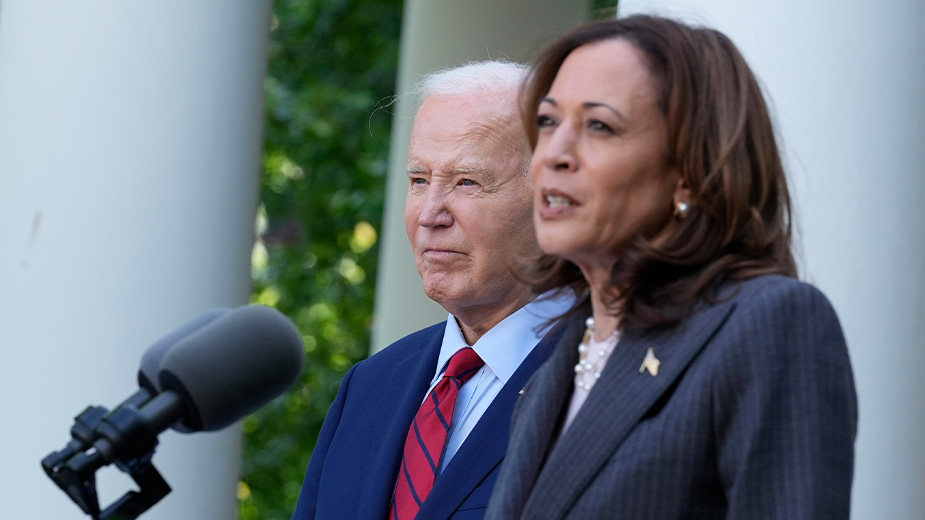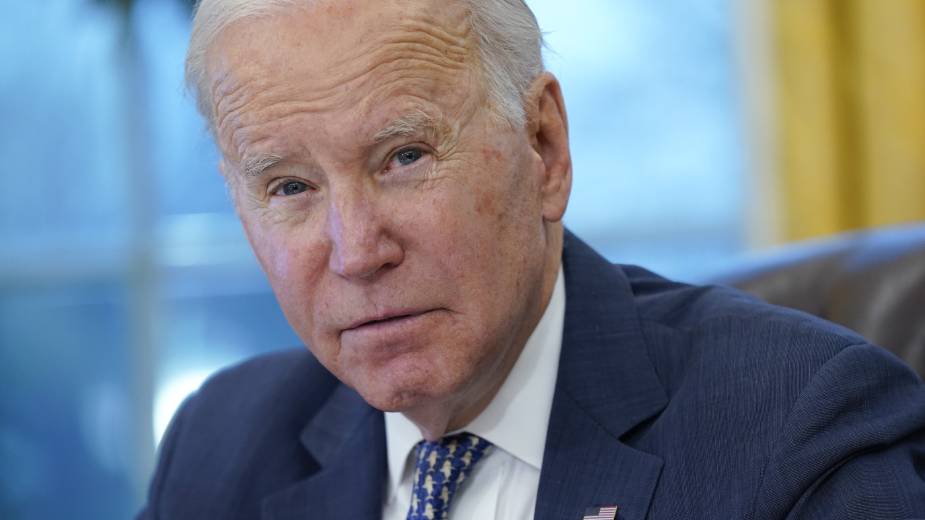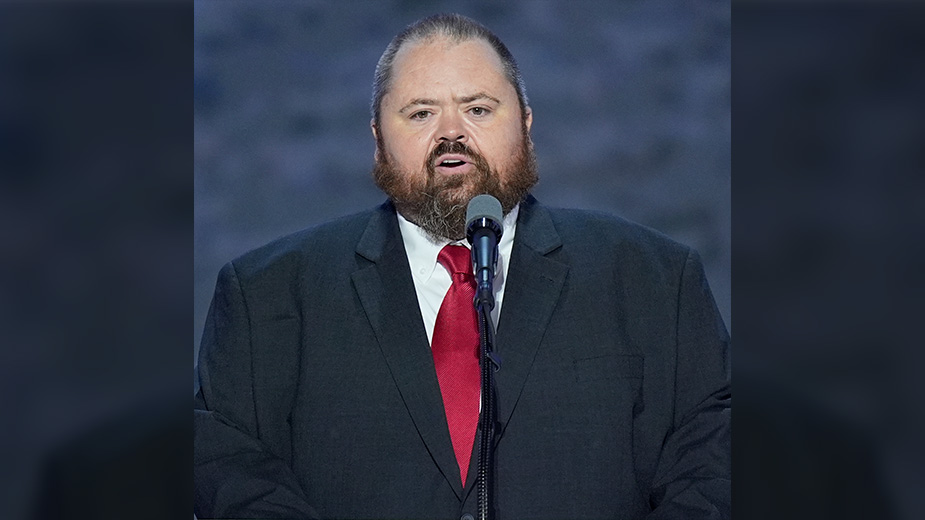Ryan Outlines Industrial Policy Ahead of 2nd Debate
YOUNGSTOWN, Ohio – U.S. Rep. Tim Ryan, a candidate for the Democratic Party presidential nomination, unveiled a six-point industrial plan Sunday that he said would strengthen the American manufacturing sector and protect working families by raising the minimum wage and doubling union membership.
The plan comes as Ryan prepares for what could be a make-or-break moment for his candidacy: the second round of debates this week in Detroit. Ryan is scheduled for the first night, Tuesday, when he will share the stage with U.S. Sens. Elizabeth Warren and Bernie Sanders and South Bend, Ind., Mayor Pete Buttigieg.
His newly released industrial plan doubles down on securing support from organized labor. Noting that less than 11% of wage and salaried workers in the U.S. are members of labor unions, Ryan calls for doubling union membership. He would make it easier to join a union, allow independent contractors to organize, make it illegal to replace striking workers, ban states from enacting right-to-work policies and allow public sector employees to bargain.
Ryan said he would also raise the minimum wage to $15 an hour, reinstate overtime rules for salaried workers and provide training stipends. And he would expand registered apprenticeship programs as well as the diversity of participants.
Other components of his industrial plan are the creation of the National Manufacturing Office in the executive branch that would be headed by a chief manufacturing officer. Duties would include developing and enacting a national manufacturing strategy, setting production standards and increasing levels of advanced manufacturing.
“We must invest in new industries, especially the technology sector, which is building the foundation for a new era of American industrial supremacy.” Ryan said in a statement. “American laborers must also be empowered. If we want to prepare for the current and future challenges of an increasingly global market, we must create apprenticeships and programs to adjust to the labor demands of the 21st century.”
“Forgotten cities” would also be empowered through infrastructure spending, Ryan said, and economic opportunity would be decentralized. By that the congressman referred to the fact that four states receive 80% of venture capital dollars. He would establish the “Distressed Community Investment Agency” that would disperse grants and contracts.
CLICK HERE to read more.
Copyright 2024 The Business Journal, Youngstown, Ohio.



